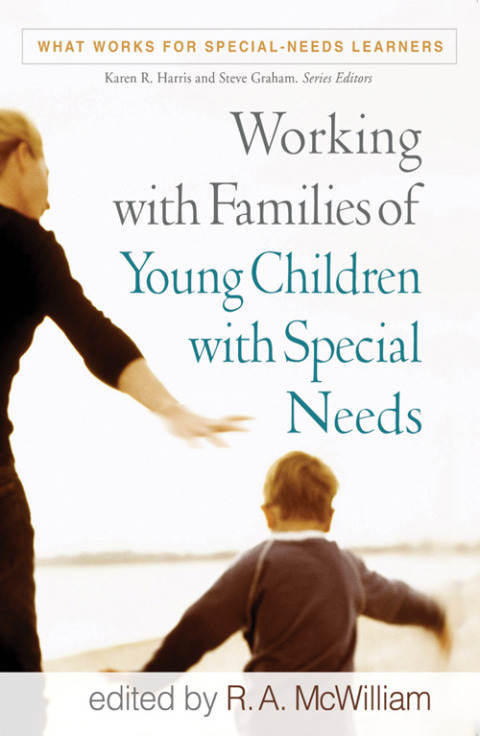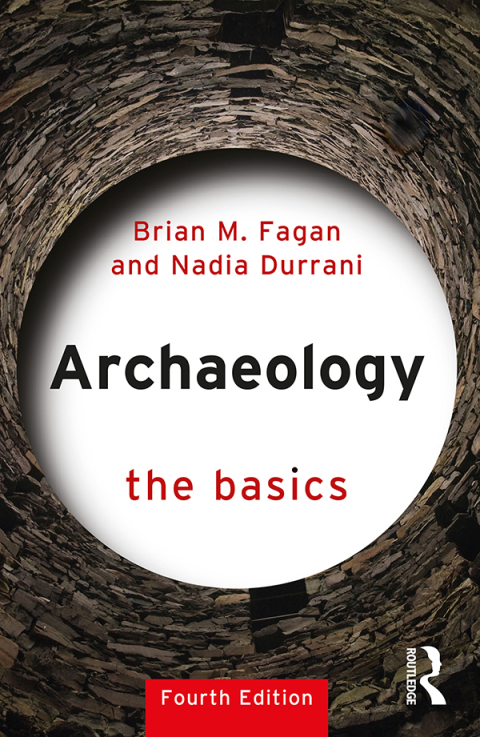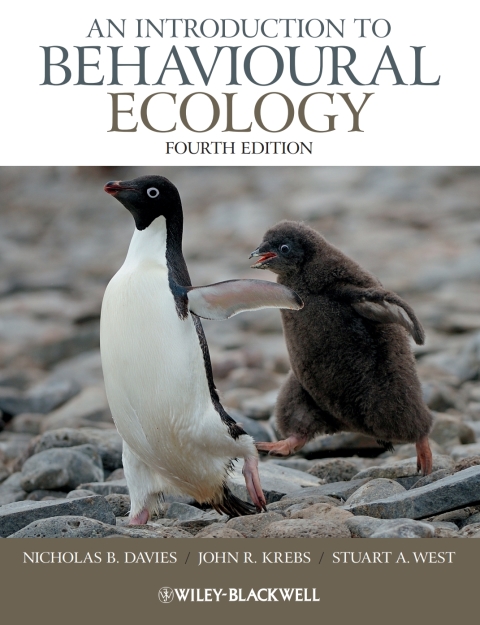Description
Efnisyfirlit
- Cover
- What Works for Special-Needs Learners
- Title Page
- Copyright Page
- About the Editor
- Contributors
- Series Editors’ Note
- Contents
- Introduction: R. A. McWilliam
- Purpose of the Book
- Basic Themes
- Voices in the Chapters
- Early Intervention/Early Childhood Special Education Terminology
- References
- Chapter 1 – Identifying Families’ Supports and Other Resources: Lee Ann Jung
- Why Does Ecology Matter?
- Types of Family Supports, Resources, and Strengths
- Conversations with Families about Supports
- The Ecomap
- Uses for the Ecomap
- Conclusion
- References
- APPENDIX 1.1. Ecomap Checklist
- Chapter 2 – Assessing Families’ Needs with the Routines-Based Interview: R. A. McWilliam
- The Need for a Functional Needs Assessment
- Preparation for the RBI
- Structure of the RBI
- Documenting Results
- Implementation Challenges and Solutions
- Conclusion
- References
- APPENDIX 2.1. RBI Implementation Checklist
- APPENDIX 2.2. RBI Report Form
- APPENDIX 2.3. RBI-SAFER Combo
- Chapter 3 – Community-Based Everyday Child Learning Opportunities: Carl J. Dunst, Melinda Raab, Carol M. Trivette, and Jennifer Swanson
- Definition of Terms and Principles
- Caregiver-Mediated Everyday Child Learning
- Implementing and Practicing CMP
- Conclusion
- Acknowledgments
- References
- APPENDIX 3.1. Child Interests Checklist
- APPENDIX 3.2. Everyday Community Learning Activity Checklist
- APPENDIX 3.3. Increasing Everyday Child Learning Opportunities Checklist
- APPENDIX 3.4. Caregiver Responsive Teaching Checklist
- APPENDIX 3.5. Parent-Mediated Child Learning Evaluation Checklist
- Chapter 4 – Coordinating Services with Families: Mary Beth Bruder
- The Research Foundation for Service Coordination
- Coordinating the Performance of Evaluations and Assessments
- Development, Review, and Evaluation of the IFSP
- Assisting Families in Choosing Available Service Providers
- Coordinating and Monitoring the Delivery of Available Services
- Informing Families of the Availability of Advocacy Services
- Coordinating with Medical and Health Providers
- Facilitating the Development of a Transition Plan to Preschool Services
- Using the Logic Model to Frame Evaluation
- Conclusion
- References
- APPENDIX 4.1. Coordinating Evaluation and Assessments: First Contacts
- APPENDIX 4.2. Coordinating and Implementing Evaluations and Assessments
- APPENDIX 4.3. Facilitating and Participating in the Development, Review, and Evaluation of the IFSP
- APPENDIX 4.4. Assisting Families in Identifying Available Service Providers
- APPENDIX 4.5. Coordinating and Monitoring the Delivery of Available Services
- APPENDIX 4.6. Informing Families of the Availability of Advocacy Services
- APPENDIX 4.7. Coordinating with Medical and Health Providers
- APPENDIX 4.8. Facilitating the Development of a Transition Plan to Preschool Services
- Chapter 5 – Talking to Families: P. J. McWilliam
- Create Opportunities for Informal Exchange
- Acknowledge Child and Family Strengths
- Solicit Parents’ Opinions and Ideas
- Seek Understanding
- Demonstrate Caring for the Whole Family
- Acknowledge and Respond to Feelings
- Conclusion
- References
- APPENDIX 5.1. Talking to Families Checklist
- Chapter 6 – Working with Families from Diverse Backgrounds: Marci J. Hanson and Eleanor W. Lynch
- What Is Diversity?
- Developing and Enhancing Cross-Cultural Competence
- Building Relationships with Families: Recognizing and Respecting Diversity
- Partnering with Families to Develop and Address Goals
- Achieving Responsive and Effective Services for Families from Diverse Backgrounds
- Final Comments
- References
- APPENDIX 6.1. Checking the System for Cultural Competence
- APPENDIX 6.2. Checking Program Implementation for Cultural Competence
- Chapter 7 – A Primary-Coach Approach to Teaming and Supporting Families in Early Childhood Intervention: M’Lisa L. Shelden and Dathan D. Rush
- Natural Learning Environment Practices
- Coaching Families
- Primary-Coach Approach to Teaming
- Challenges to the Field
- Conclusion
- References
- APPENDIX 7.1. Primary-Coach Approach to Teaming Checklist
- Chapter 8 – Support-Based Home Visiting: R. A. McWilliam
- Home Visiting in Early Intervention
- The Need for Guidelines for Home Visitors
- A Framework for Home Visits
- Functional Child Domains
- Teaching Parents to Teach Their Children
- Challenging Situations in Home Visiting
- Conclusion
- References
- APPENDIX 8.1. Support-Based Home-Visiting Checklist
- APPENDIX 8.2. Vanderbilt Home Visit Script
- Chapter 9 – Helping Families Address Challenging Behavior and Promote Social Development: Use Fox
- The Effect of Challenging Behavior on the Family
- A Framework for Providing Support
- Initiating the Conversation
- Providing Information on Positive Parenting Techniques
- Responding Effectively to Problem Behavior
- Developing a Behavior Support Plan
- Conclusion
- References
- APPENDIX 9.1. Home-Visiting Checklist: Addressing Challenging Behavior
- Index
- About Guilford Publications
- From the Publisher






Reviews
There are no reviews yet.